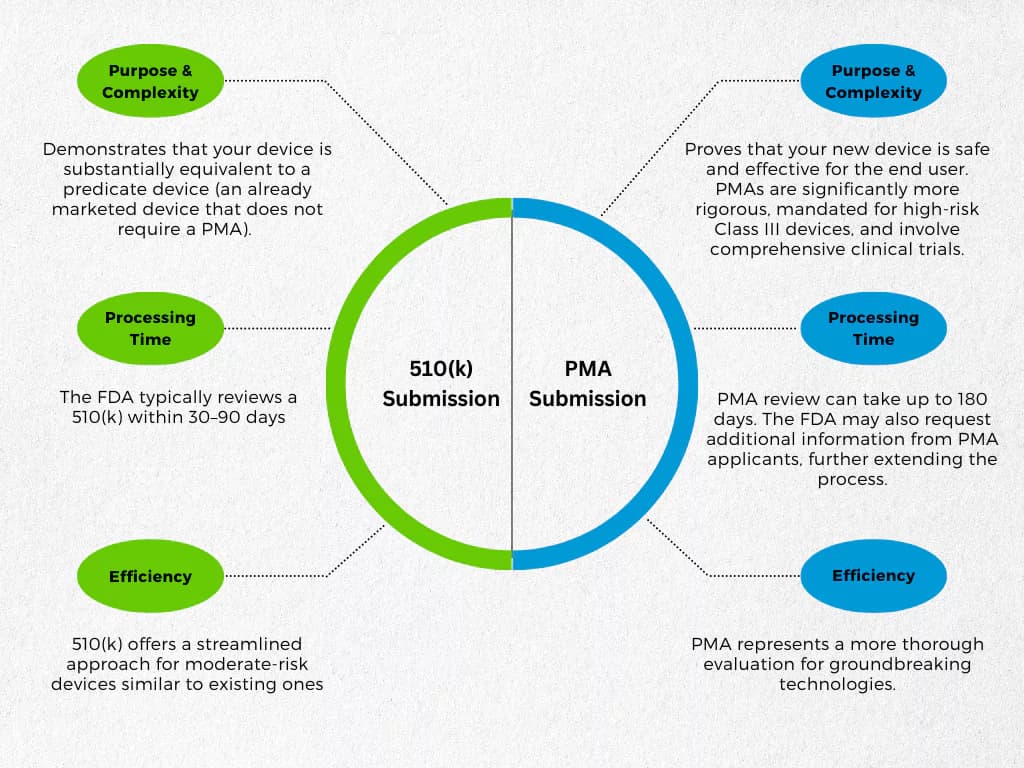Online Prediction Markets Now Wager Publicly on Your Future Behavior
New breed of prediction markets has moved from sporting outcomes and elections to bets on human actions and societal trends, raising fresh questions about privacy, manipulation, and regulation. The rise matters because these platforms turn behavioral forecasts into tradable assets, reshaping incentives for individuals, companies, and policymakers.

Online prediction markets have long offered a way to aggregate information about future events by letting traders buy and sell contracts that pay out if a specified outcome occurs. In recent years a new class of markets has broadened that remit, offering contracts tied not only to elections or weather but to human behavior and social trends. That shift is prompting scrutiny from privacy advocates, ethicists and regulators who worry about the consequences of putting a price on what people do next.
These platforms rely on crowdsourced judgment. When many people trade on the likelihood that a policy will pass, a candidate will win, or a film will top the box office, market prices often produce accurate probabilistic forecasts. The innovation now is to apply the same mechanism to more granular outcomes, such as whether a particular vaccine uptake threshold will be met, whether a social media trend will reach a certain size, or whether public compliance with a policy will rise or fall. For buyers and sellers, these contracts offer a way to hedge risk or monetize information. For researchers and forecasters, they provide a continuous, real time signal on public expectations.
That usefulness comes with tradeoffs. Markets that price personal or group behavior can create perverse incentives. If actors stand to gain from a contract paying out when a safety measure fails, they may seek to influence events in ways that increase their payout. The ability to short outcomes or to take large leveraged positions amplifies this danger. Moreover, many of these markets ingest large amounts of publicly available data, and some operators are experimenting with models that incorporate targeted data feeds. When individual level predictions become tradable, questions about consent and surveillance arise. Data brokers, advertisers and even foreign actors could use market signals to refine influence campaigns.
Regulatory frameworks have struggled to keep pace. Gambling statutes, securities law and commodity regulation all bear on prediction markets, but none map neatly onto platforms that sell information contracts tied to civic behavior. Some jurisdictions have moved to limit betting on elections or outcomes deemed morally objectionable. Others have allowed event markets to operate under novel licensing regimes. Absent clear rules, operators and users alike face legal uncertainty and reputational risk.
There are also democratic implications. Prediction markets can sharpen public understanding by revealing collective expectations, and they can improve planning for governments and businesses. Yet their impact depends on governance. Transparent rules about who may list contracts, limits on position size, robust identity checks to prevent fraud, and strict data privacy protections would mitigate many harms. Independent auditing of market algorithms and outcomes could enhance trust.
As these platforms evolve, policymakers must balance innovation against social costs. The core promise of prediction markets is honest aggregation of dispersed knowledge. Preserving that promise will require rigorous oversight, clear ethical guardrails, and public debate about where society draws the line between useful forecasting and marketplace exploitation of human behavior. Without those safeguards, markets that once helped forecast the future risk becoming forces that nudge it.


